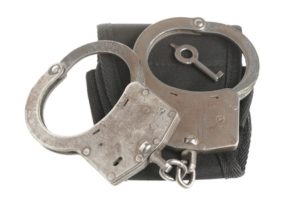 The measures enacted by the Legislature to foster collection of restitution, among other payments due from sentenced defendants, did not include civil consent judgments. Although the Legislature enacted sweeping changes to provide compensation to crime victims, it provided spare civil relief – and none involving consent judgments. We are convinced the legislative intent was to limit the aid to a victim’s civil recovery to that set forth in the statutes.
The measures enacted by the Legislature to foster collection of restitution, among other payments due from sentenced defendants, did not include civil consent judgments. Although the Legislature enacted sweeping changes to provide compensation to crime victims, it provided spare civil relief – and none involving consent judgments. We are convinced the legislative intent was to limit the aid to a victim’s civil recovery to that set forth in the statutes.
The prosecution would likely cite to the above-quoted language that “requires courts to order defendants to compensate their victims to the fullest extent possible given their ability to pay.” The counter-argument is that this is just a general statement that does not specifically endorse civil consent judgments against criminal defendants.
The State contends civil consent judgments are authorized by N.J.S.A. 2C:43-2(d), which provides that Chapter 43 of the Code – Authorized Disposition of Offenders – “does not deprive the court of any authority conferred by law to decree a forfeiture of property, suspend or cancel a license, remove a person from office, or impose any other civil penalty. Such a judgment or order may be included in the sentence.” It argues the judgment is a civil penalty which a court may order and enter.
The State’s argument does not consider the qualifying language in the statute that the authority to impose a civil penalty must be conferred by law. As we have deduced, civil consent judgments are not among the penalties conferred by law. We construe N.J.S.A. 2C:43-2(d) to mean that the court may impose those civil penalties specified in a statute. The civil penalties include: suspension or cancellation of driving privileges as provided for in several statutes. Likewise, removal from office is a civil penalty expressly authorized by N.J.S.A. 2C:51-2.
The two cases relied upon by the State in support of its argument are inapposite. Both involved forfeiture of public office, a penalty expressly authorized by statute as a collateral consequence of conviction.
